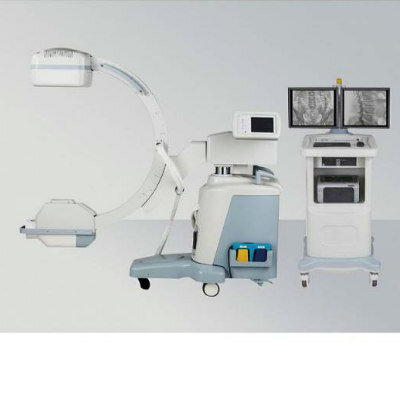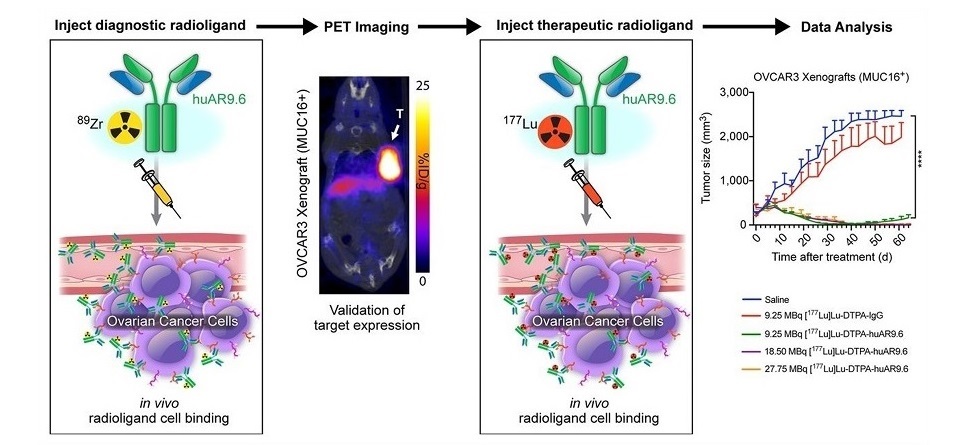IMRT Radiotherapy for Head and Neck Cancer May Be Superior to Standard Radiation
By MedImaging International staff writers
Posted on 28 Jan 2014
Patients with head and neck cancer who are treated with a sophisticated form of radiation therapy may experience fewer side effects and are less likely to die from their disease than patients who receive traditional radiation therapy. These new findings revealed intensity-modulated radiation therapy (IMRT) to be both a safe and valuable treatment for patients with head and neck cancer.Posted on 28 Jan 2014
Patients with head and neck cancer frequently receive radiation treatments, which can cause significant side effects including dry mouth, difficulty swallowing, and bone damage. Research has shown that IMRT, an advanced radiation technique that is devised to treat tumors while sparing normal tissues, can cause less dry dental problems and dry mouth than traditional radiation; however, studies have not determined how IMRT affects patients’ survival.
To investigate, Beth Beadle, MD, PhD, from the University of Texas MD Anderson Cancer Center (Houston, USA) and her colleagues analyzed a large database of 3,172 patients treated for head and neck cancer at various clinics across the United States between 1999 and 2007. After a mid-point follow-up time of 40 months, 84.1% of patients treated with IMRT had not died from cancer, compared with 66.0% of patients treated with standard radiation. Studying each anatomic sub-site singly, all particular subgroups of patients treated with IMRT had better survival than those treated with traditional radiation.
“This analysis revealed that patients treated with IMRT have less cancer-related deaths than those treated with traditional techniques. So, not only do they have fewer side effects but they also have fewer life-threatening recurrences,” said Dr. Beadle.
The research has important bearings to discussions of healthcare delivery and healthcare policy because IMRT is more costly than standard radiation therapy. “An investment in IMRT may be cost-effective because it is better at both preventing side effects and cancer recurrence,” Dr. Beadle explained. More research is needed to verify the findings of this retrospective study, however.
The study analysis was published online January 13, 2014 in Cancer, a journal of the American Cancer Society.
Related Links:
University of Texas MD Anderson Cancer Center














